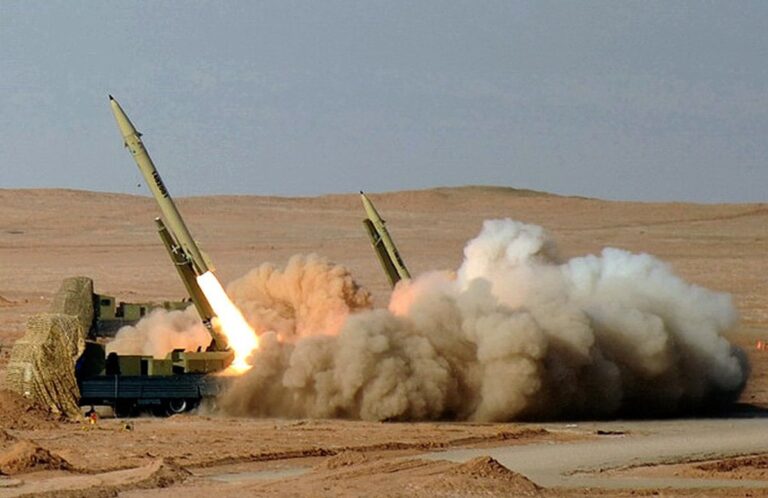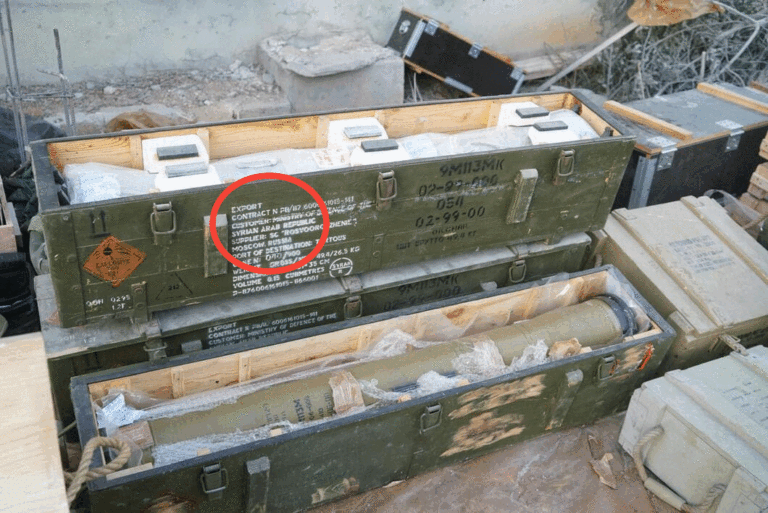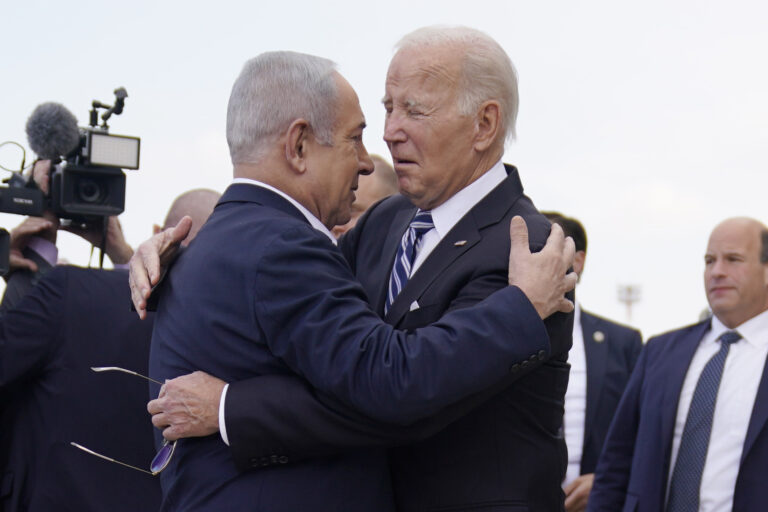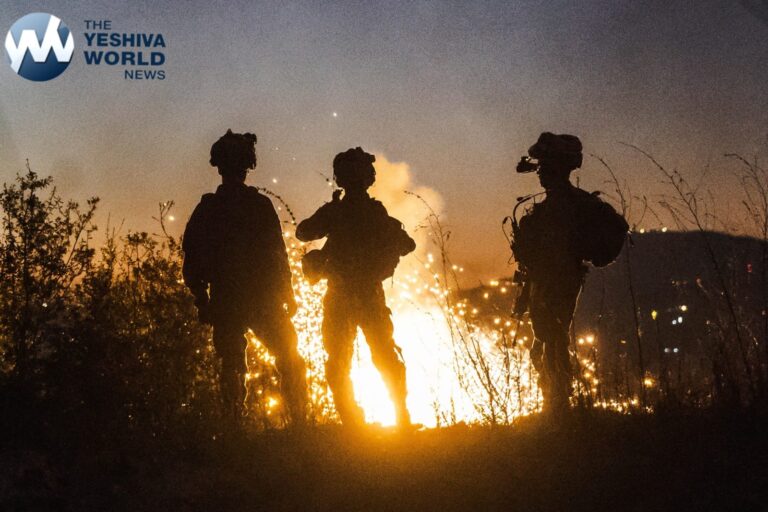 The Iran nuclear talks turned Friday from talk of progress to a blame game, with Iranian Foreign Minister Mohammad Javad Zarif accusing the United States of shifting its demands. He dismissed a warning that the U.S. is ready to quit the negotiations as counterproductive.
The Iran nuclear talks turned Friday from talk of progress to a blame game, with Iranian Foreign Minister Mohammad Javad Zarif accusing the United States of shifting its demands. He dismissed a warning that the U.S. is ready to quit the negotiations as counterproductive.
The sense of drift grew, along with expectations that the talks could continue through the weekend. Diplomats told The Associated Press that the sides would extend to Monday, a temporary deal that allows the present talks to continue — in effect setting a fourth new target date for an accord that initially was supposed to be sealed by June 30.
The diplomats demanded anonymity because talks are still ongoing.
Hours after his comments, Zarif met again with U.S. Secretary of State John Kerry for another attempt at resolving differences standing in the way of a landmark deal that offers Iran sanctions relief in exchange for long-term and verifiable curbs on nuclear programs which Tehran could turn to making weapons.
The tougher rhetoric mirrored the frustrations by the sides as the current round of talks entered its 14th day. After blowing past two extensions, negotiators had hoped to wrap up the talks by Friday, but Zarif’s comments cast doubts that agreement was near.
The sides had hoped to seal a deal before the end of Thursday in Washington in attempts to avoid delays in implementing their promises.
By missing that target, the U.S. and Iran now have to wait for a 60-day congressional review period during which President Barack Obama cannot waive sanctions on Iran. Had they reached a deal by then, the review would have been only 30 days. Iran is unlikely to begin a substantial rollback of its nuclear program until it gets sanctions relief in return.
“If you drive the talks into a dead end then it will be you who will be committing a strategic mistake,” Iran’s parliamentary speaker Ali Larijani said at Friday prayers following the rally in Tehran, addressing the U.S. “And its outcome will not benefit you since Iran’s nuclear staff are ready to accelerate nuclear technology at a higher speed than before.”
The talks are formally between Iran and six world powers but have devolved into U.S.-Iranian negotiations over recent months, with diplomats saying the other nations were ready to accept terms agreed to by Tehran and Washington. Zarif’s critical comments were thus seen as mostly directed against Washington.
Still, disagreements also have surfaced recently between the U.S. and Russia. Moscow supports Iranian demands for at least a partial lifting of the conventional arms embargo as part of any deal. That’s something Washington opposes — and an issue Zarif appeared to touch on in his comments to Iranian state television.
Beyond “witnessing a change of stances” from the other side, Zarif noted a “different stand” on some issues among the six nations. “This situation has made the work difficult,” he said.
Kerry had warned on Thursday that the Americans were ready to leave, declaring “we can’t wait forever for a decision to be made.” Zarif, in contrast, said his side was ready to stay and work for a “dignified and balanced deal.”
Foreign ministers or top deputies of all seven nations are expected to join the talks before any impending deal. But while Germany’s foreign minister remains in Vienna, the Russians and Chinese left days ago, and their French and British counterparts followed Friday, reflecting the lack of substantial advances.
British Foreign Secretary Philip Hammond spoke of “painfully slow” progress, telling reporters ministers planned to re-group Saturday “to see if we can get over the last hurdles.”
Even jokes meant to dispel tensions reflected the raw nerves after two weeks straight at the negotiating table, relieved only by brief breathers on the balcony of the ornate manor-turned-hotel venue for the talks.
“We’re pushing,” said Kerry when asked if there would be a deal this weekend. “Off the balcony,” quipped Federica Mogherini, the top EU diplomat convening the talks, prompting a smile and a wave of the finger from Kerry.
The scope of access to U.N. inspectors monitoring Iran’s nuclear program remains one of the sticking points. The Americans want no restrictions, whereas Iranian officials say they are concerned that unrestricted monitoring could be a cover for Western spying.
Diplomats say Iran’s negotiators have signaled willingness to compromise on the issue, but hardliners in Iran remain opposed to broad U.N. inspections. In a message directed to “negotiators on both sides,” Iran’s military spokesman, Gen. Masoud Jazayeri, told Iran’s Fars news agency that “access to the military sites will not be allowed under any circumstance.”
Anti-American sentiment remains strong in the country, though Iranians overwhelmingly welcomed the preliminary accord in April.
On Friday, tens of thousands of Iranians taking part in an annual pro-Palestinian rally marched in Tehran, chanting “Down with America” and “Death to Israel.”
(AP)











3 Responses
They just throw in the last paragraph, as a afterthought, unbelievable, exactly how it was with Germany
The trouble is our President and our “bushy-tailed wide-eyed forever optimistic” Secretary of State have never truly understood the “middle east mentality”. It is all like the Arab Market place, and everything is subject to haggling. If the storekeeper senses weakness, he will fully take advantage of it and harden his bargaining position. Mr. Obama set the stage before becoming President, by showing the Arab world how weak he really is. What was their reaction? They ignored his overtures. The truth is, the position of the United States today in the Middle East is worse than it ever was. Obama’s overtures have been rejected….and…he is perceived as a “paper tiger”. Still, Mr. Obama never learns. While he is “fiddling with current talks”, nuclear production is ramping up at Iran’s secret locations. Now is the time to pull out of talks and tighten the crews on Iran to shut it down so that the Ayatollah realizes that his people will rebel if he doesn’t give ground.
What a show of stupidity! I’m hoping it’s stupidity on the part of the U.S., if not it’s a more serious problem.